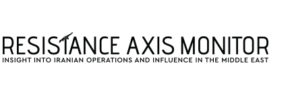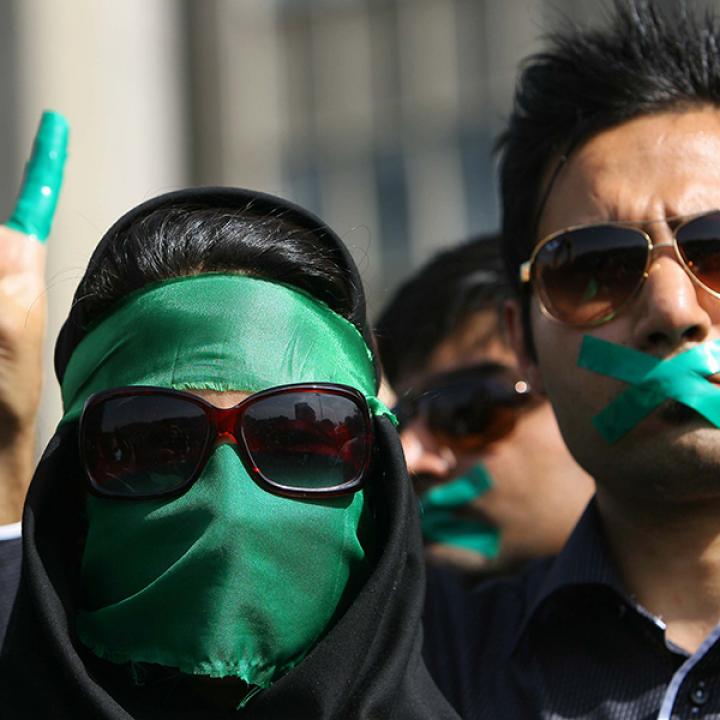This analysis originally appeared in The Washington Institute For Near East Policy on January 5, 2022. The Supreme Leader and the IRGC are asserting more control over the task of monitoring and managing protest movements, creating yet another intelligence agency in the process. On December 8, Iran announced that it had restructured its national police force, a pillar of the regime’s internal security apparatus. Among other decisions, the organization’s name was changed from the Law Enforcement Force to the Law Enforcement Command (LEC). The addition of “Command” means that the…
Category: Iran
Iranian Perceptions of the U.S. Soft Power Threat
To understand Iranian anxieties about Western cultural invasion, one need look no further than Psychological Operations Quarterly, a journal published until recently by the IRGC’s Social-Cultural Directorate. Focusing on the “soft war” waged by various Western entities, the periodical covers such material as supposedly anti-Iranian films (Alexander, The Wrestler, Argo), the relationship between McDonald’s franchises and the fall of the Soviet Union, and the harm done by English-language textbooks to the Iranian mind. Since 1979, in response to such perceived threats, the Islamic Republic has intensified enforcement of morality laws, purged professors from universities,…
Soleimani’s Shadow: The Fatemiyoun Division and Iranian Proxy Warfare Propoganda
Abstract Thousands of ethnic Afghan foreign fighters with the Iranian-backed Fatemiyoun Division and Zeynabiyoun Brigade have fought and died in Syria’s civil war over the last decade. Shia fighters from Afghanistan and Pakistan have been critical not only to Iran’s successful quest to restore Syrian President Bashar al Assad’s regime, but as an asset for Tehran in its fight for regional primacy against Israel and other rivals. Fatemiyoun fighters will continue to serve on the frontlines of Iran’s proxy wars across the Middle East long into the future. This report…
Hezbollah won’t avenge Qasem Soleimani’s death—for now
This article originally appeared in Atlantic Council’s Iran Source on February 8, 2021. Lebanese militant group Hezbollah remains committed to avenging Qasem Soleimani’s death—at least rhetorically. Shortly after the United States assassinated the Quds Force commander in January 2020, Hezbollah’s Secretary-General Hassan Nasrallah vowed that US troops “who came to the region vertically will return home horizontally.” His hand gesture—a horizontal hand affixed perpendicularly over a vertical hand—representing US forces returning home in coffins became the official symbol of Iran and the Resistance Axis’ promised “Hard Revenge.” Nevertheless, at the time of Soleimani’s…
Iran Can’t Get Its Story Straight on Assassination of Top Nuclear Scientist
As Iran’s security forces fight over how assassins managed to kill a top nuclear scientist, their accounts—from a dozen assailants to a remote-controlled machine gun—don’t line up.




